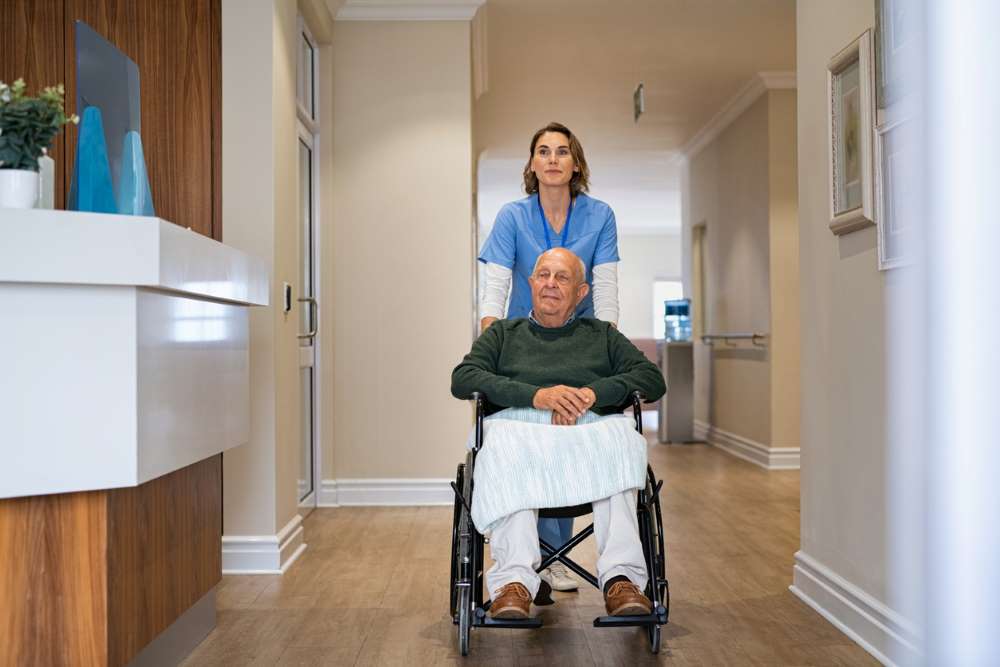
According to the National Center for Victims of Crime, 24.3% of nursing home residents will experience some form of physical abuse from a caregiver. Unfortunately, that’s not their only alarming statistic. 22.1% of residents will be the victims of resident-on-resident abuse, 15.3% will experience neglect, and 7.9% will be financially manipulated.
These statistics highlight how rampant the culture of abuse in nursing homes has become. There have been countless news reports, movements, and causes created to cover this topic, but significant change is still lacking. Because no one is sure how to stop the issue completely, you need to know what to look out for to keep your loved ones safe.
There are steps you can take to recognize and prevent nursing home abuse so that the elders you love won’t be endangered. For more detailed information on the signs of abuse and how to address them, visit https://www.duffyduffylaw.com/nursing-home-abuse/signs/.
Do Your Research: How To Choose A Reputable Nursing Home
The first step to preventing nursing home abuse is choosing a reputable facility. Sorting the good from the bad can be challenging, but there are some steps you can take to ensure you’re making the best possible decision.
-
Use government or non-profit sites to do your research, so you aren’t reading fake reviews.
-
Choose a facility that’s close to you or another family member who can check in on your loved one.
-
Visit the facility and pay careful attention to the appearance of residents. Do they look clean, well-kept, and happy?
-
Pay attention to the energy in the facility. Is it relaxing or chaotic?
-
Look into the history of the facility. Have they had any disease outbreaks or a suspicious history of dismissing problematic employees quietly?
-
Finally, ask for recommendations from family, friends, and your loved one’s doctors.
Take the time to do thorough research into the history and practices of the facilities you’re considering. If something seems suspicious, assume that it is.
Know The Signs: Common Signs And Symptoms Of Abuse
Elder abuse often isn’t reported because the victims are too scared or embarrassed to come forward. That means that you need to know the signs that someone is being abused so that you can recognize them if the victim doesn’t come forward.
Common signs of physical, emotional, or psychological abuse include:
-
Unexplained injuries.
-
Fear, anxiety, or depression that wasn’t present before.
-
Dehydration or lack of nutrition.
-
Medication being taken when it isn’t scheduled to be.
-
A new legal document such as a will, mortgage, or loan involving a suspicious person or circumstance.
-
Missing money or personal possessions.
-
Sudden secretive behavior.
If you notice any of these signs or symptoms in a loved one after placing them in a nursing home, you need to look into the possibility that they’re being abused.
It may help to bring in a mental health professional to help you speak to your loved one and reassure them that what’s happening isn’t their fault.
Take Action: How To Get Justice For A Loved One
If you have a loved one who has suffered abuse at the hands of a nursing home staff member, you can seek justice for them. Injury lawyers can help you investigate a nursing home for abuse or neglect on behalf of your loved one.
If reasonable evidence of abuse is found, you can take legal action against the facility. Taking action will help prevent the facility from abusing other people and can give you the financial resources you need to ensure that your loved one receives proper care from now on.
If your loved one has died because of the abuse or neglect they received, your lawyer can help you pursue a wrongful death lawsuit against the responsible parties.
Nothing can undo the damage that has been done, but the people responsible for these crimes can be held accountable. Accountability prevents further abuse from occurring and makes other people aware of the issues that face the elderly community.
Now that you know how to recognize nursing home abuse you’re in a better position to protect your loved one from elder endangerment.



























